
The 80th anniversary of the National Day of the Socialist Republic of Vietnam (September 2, 1945 - September 2, 2025) is an occasion to look back on the proud development journey of the nation.
From an agricultural economy with many difficulties, Vietnam has risen strongly, integrated deeply, constantly innovated and achieved many important achievements.
On that journey, the national economy has always shown its enduring vitality, adapting to each historical period, to enter the digital age today with the aspiration to shorten the development gap and rise strongly in the region and the world .
Resolution creates favorable legal corridor
According to Dr. Can Van Luc, member of the National Financial and Monetary Policy Advisory Council, Vietnam's economic development history shows that the private sector has always played an important role.
Since the early days of independence, this region has contributed to nurturing the vitality of the economy in extremely difficult circumstances, creating resources for the resistance and national construction.
During periods of turmoil, the private economy was narrowed due to management mechanisms, but still maintained its existence in small-scale production, handicrafts, and traditional trade.

When the Doi Moi reforms were initiated in 1986, a major turning point in thinking and institutions paved the way for the private sector to recover and develop strongly.
Up to now, the private economy has become a dynamic and creative sector, making important contributions to growth, job creation and promoting international integration.
A series of large private enterprises have affirmed their position, not only domestically but also gradually reaching out to the region and the world.
Notably, many Vietnamese entrepreneurs have shifted their investment to technology, new services, e-commerce, digital finance, and smart logistics, clearly demonstrating their pioneering role in the digital transformation flow.
According to Dr. Can Van Luc, this success was achieved thanks to the correct policies of the Party and State, especially the issuance of Resolution No. 68-NQ/TW dated May 4, 2025 of the Politburo on private economic development.
The resolution has created a favorable legal corridor, affirming the important driving force role of this area. Along with that, businesses are constantly innovating, improving product quality, expanding markets and boldly integrating deeply.
The private economy not only creates added value but also contributes to maintaining social stability. Millions of small businesses and households are creating jobs for the majority of the country's workforce, contributing to increasing income and improving people's lives.
Besides, this region is also increasingly participating in export activities, contributing to expanding the international market for Vietnamese goods.
Several private corporations have become major partners in the fields of technology, real estate, finance and retail, helping to enhance the position of the Vietnamese economy in the international arena.
However, this area still faces many limitations such as small scale, low labor productivity, difficulties in accessing capital, land, technology, and administrative barriers.
In particular, the ability to deeply participate in the global value chain is still limited, while this is a key factor to improve competitiveness.
To promote the role of motivation, according to Dr. Can Van Luc, it is necessary to focus on three major orientations. These are to continue to strongly improve the business environment, reduce costs for businesses, encourage innovation in governance and transparency in operations; support businesses in accessing resources, from capital, land to technology and markets, and at the same time promote the start-up movement and innovation.
Along with that, improve the quality of human resources, strengthen training in digital skills, management skills, as well as promote domestic and international connections.
When these solutions are implemented synchronously, the private economy will continue to affirm its pivotal role and become a pioneering force in the integration and digital transformation process.
Digital economy promotes sustainable growth
Currently, the digital economy is becoming one of the important driving forces promoting the overall development of the national economy.
According to Dr. Nguyen Dinh Chuc, Director of the Institute of Vietnam and World Economics (Vietnam Academy of Social Sciences), the development of the digital economy in recent years has created profound changes, opening up golden opportunities for Vietnam to both grow rapidly and move towards sustainable development, narrowing the gap with advanced countries.

The digital economy is increasingly present in many fields. In agriculture, digital technology applications help monitor crops and livestock, save costs and increase productivity, thereby promoting a smarter and more sustainable agricultural model.
In industry, modern production lines, smart factories and digital management systems are being deployed, improving efficiency and reducing resource waste.
In services, e-commerce is growing strongly, digital banking and finance are becoming popular trends, non-cash payments are increasingly accounting for a large proportion of transactions, contributing to building a transparent and modern economy.
Not only in the business sector, the digital economy also creates momentum for administrative reform and the development of digital government. High-level online public services help save time and costs, while limiting negativity in management.
Many localities are at the forefront of developing e-government and smart cities, demonstrating their determination towards effective governance, better serving people and businesses, thereby strengthening the foundation for sustainable development.
According to Dr. Nguyen Dinh Chuc, the digital economy is not a separate sector, but a new development method, creating innovation momentum for the entire economy. It forms innovative business models, expands start-up opportunities, supports the private sector to develop more dynamically and enhances national competitiveness.
More importantly, the digital economy also contributes to promoting comprehensive and sustainable development, while simultaneously creating economic and social values and improving people's quality of life.
However, to take advantage of this opportunity, Vietnam also faces many challenges: limited domestic research and innovation capacity; shortage of high-tech human resources, especially in areas such as artificial intelligence, big data, and cybersecurity; unsynchronized digital infrastructure; and the legal corridor needs to continue to be improved. International experience shows that to ensure sustainable growth thanks to the digital economy, countries all have a synchronous approach.
South Korea has succeeded by combining heavy investment in telecommunications infrastructure with a policy of developing high-tech human resources. Singapore considers data and digital connections as strategic assets, building a smart city model associated with transparent governance.
China takes advantage of its large market to promote e-commerce and digital payments, making the digital economy the foundation of sustainable consumption.
These are experiences that Vietnam can refer to and adjust to suit domestic conditions.
According to Dr. Nguyen Dinh Chuc, for the digital economy to truly promote sustainable growth, Vietnam needs to quickly perfect institutions and laws related to electronic transactions, data protection, and testing frameworks for new business models.
At the same time, it is necessary to focus on investing in modern digital infrastructure, expanding new generation telecommunications, building large-scale data centers and developing cloud computing.
Another urgent requirement is to train and develop digital human resources, closely linking educational programs with practical business needs, while attracting international experts and promoting public-private cooperation in developing high-tech skills.
In addition, encouraging businesses to boldly innovate is a key factor. Building a digital startup ecosystem, developing “Make in Vietnam” technology enterprises and expanding international cooperation will help Vietnam effectively take advantage of the opportunities of the fourth industrial revolution, while maintaining the direction of sustainable development.
According to Dr. Nguyen Dinh Chuc, the digital economy is a golden opportunity for Vietnam to shorten the development gap with advanced countries, realizing the goal of becoming a developed, high-income country by the middle of the 21st century on the basis of rapid and sustainable growth.
Source: https://baolaocai.vn/nhung-quyet-sach-lon-giup-viet-nam-doi-moi-va-hoi-nhap-sau-80-nam-post881044.html




![[Photo] The heroic and lovely moment when the armored vehicle passed by Hanoi Flag Tower](https://vphoto.vietnam.vn/thumb/1200x675/vietnam/resource/IMAGE/2025/9/2/5b07b9f62ee94db287a0ae3a27b6db51)
![[Photo] Bustling atmosphere at Ba Dinh Square on National Day](https://vphoto.vietnam.vn/thumb/1200x675/vietnam/resource/IMAGE/2025/9/2/c441c931800d4ff8a4a5b2ed4d4c496b)
![[Photo] Parade groups bid farewell to the people after completing mission A80](https://vphoto.vietnam.vn/thumb/1200x675/vietnam/resource/IMAGE/2025/9/2/36d202d43ecc4ca8aede59a0e99f32ed)
![[Photo] Police blocks parade on Le Duan Street](https://vphoto.vietnam.vn/thumb/1200x675/vietnam/resource/IMAGE/2025/9/2/8f607af025d5437d828366c5e911bbda)
![[Photo] The army marched proudly on the street with loud cheers.](https://vphoto.vietnam.vn/thumb/1200x675/vietnam/resource/IMAGE/2025/9/2/c0dc9a5121094991bd7c5a02166b3a4f)
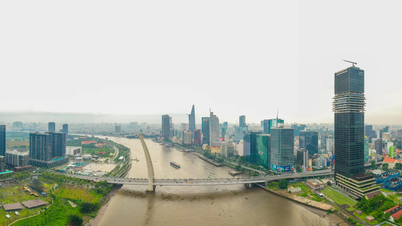

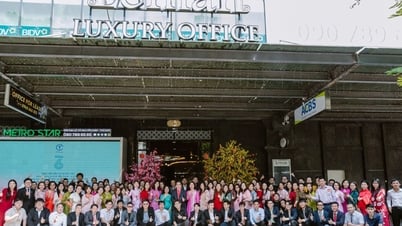

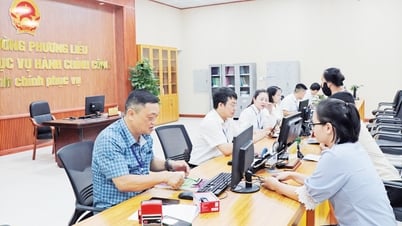



































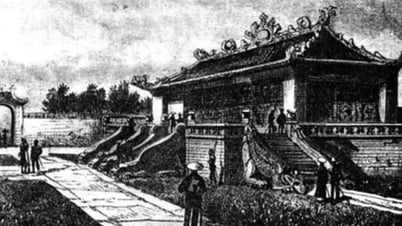

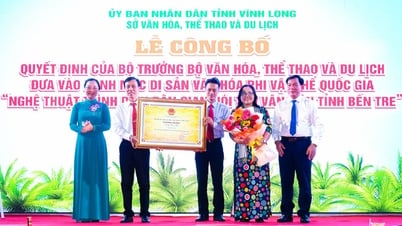





























![[Live] Parade and march to celebrate the 80th anniversary of the August Revolution and National Day September 2](https://vphoto.vietnam.vn/thumb/402x226/vietnam/resource/IMAGE/2025/9/2/ab9a5faafecf4bd4893de1594680b043)



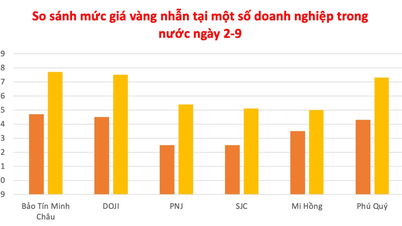



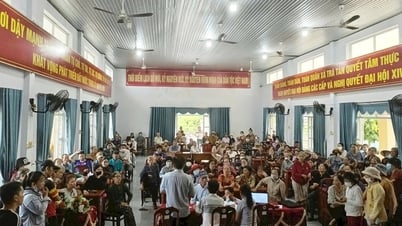







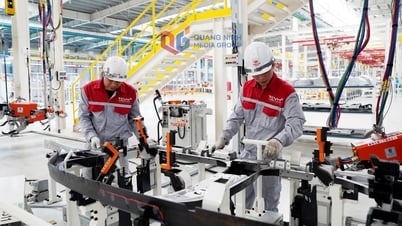










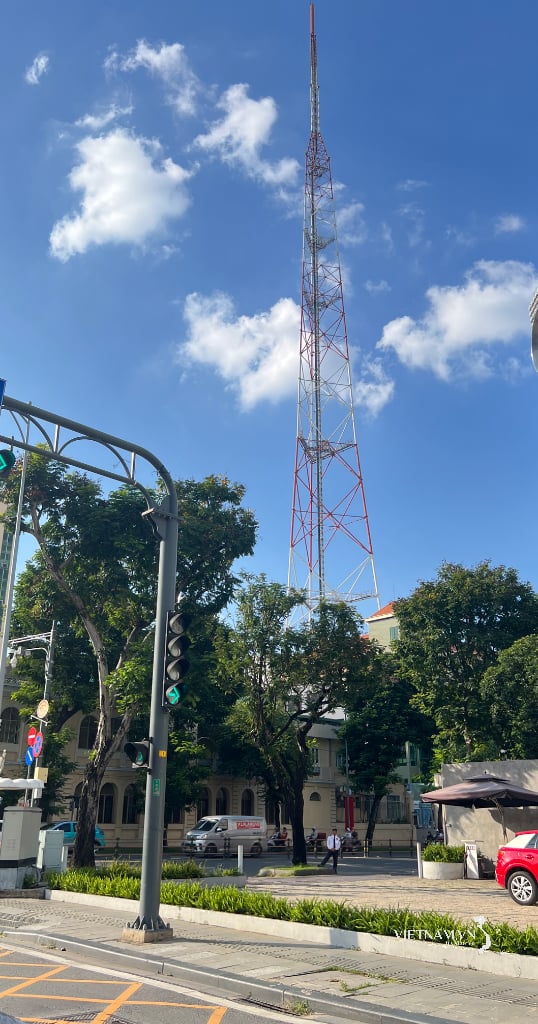
Comment (0)